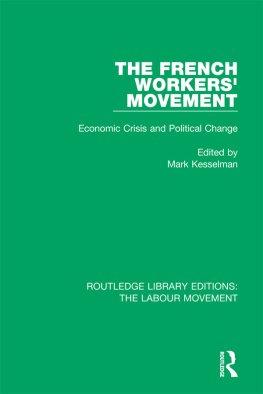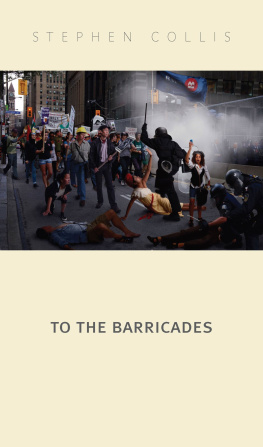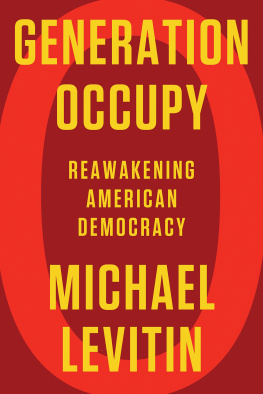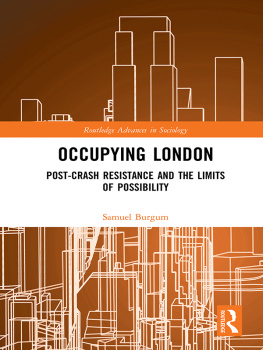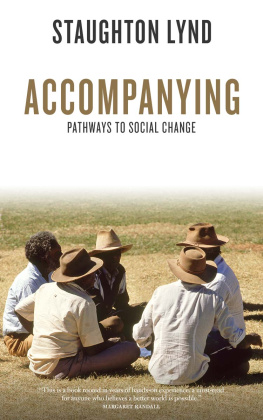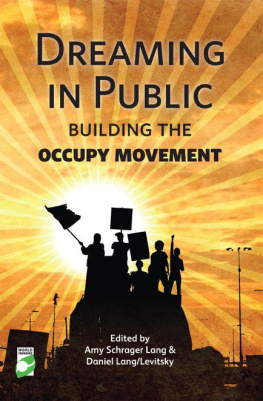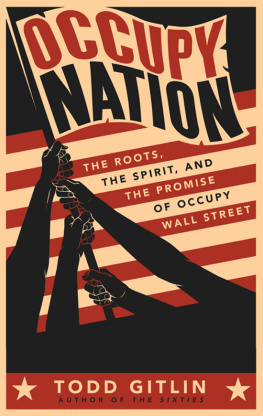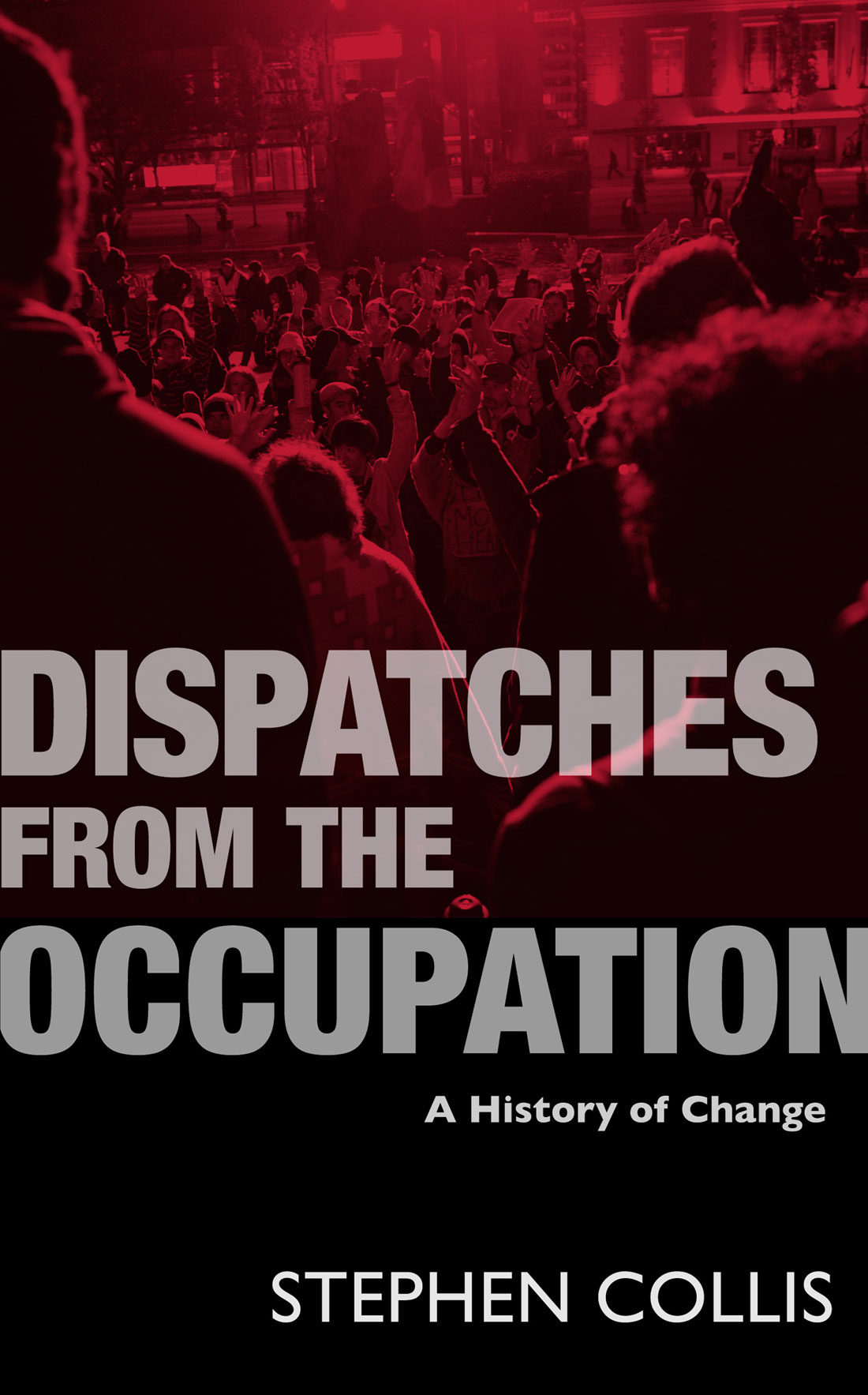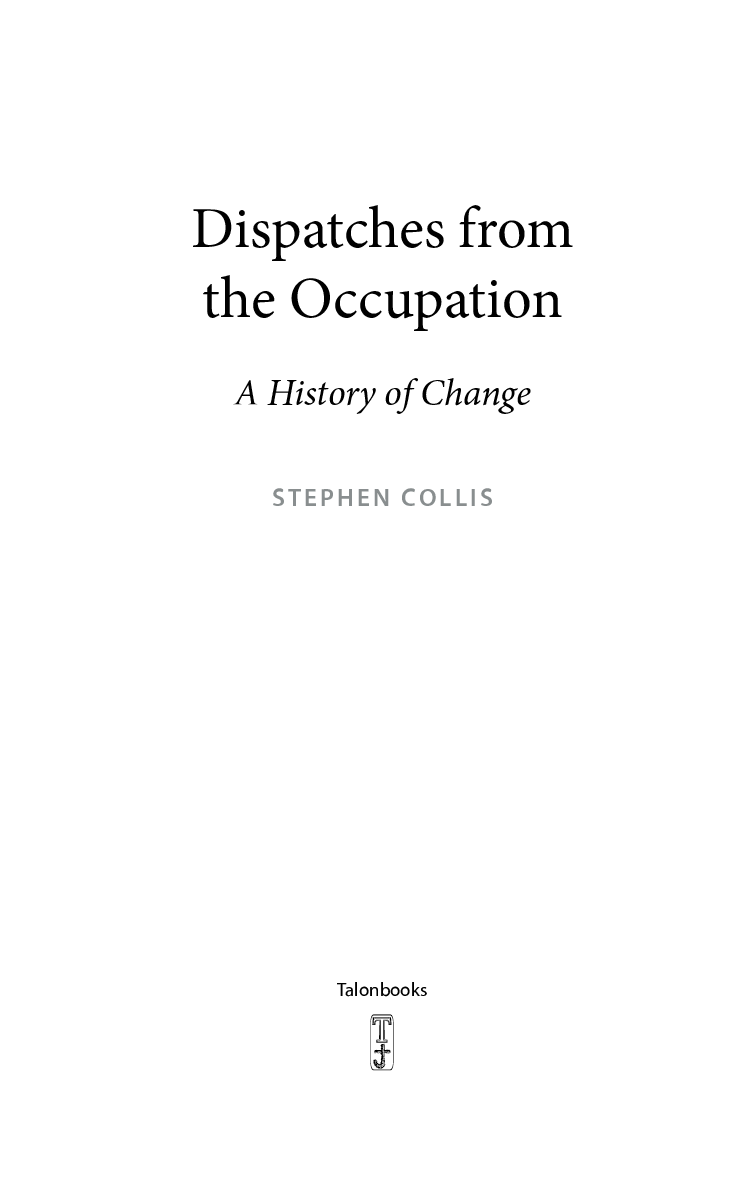Also by Stephen Collis
Anarchive
The Commons *
Mine
On the Material *
Phyllis Webb and the Common Good: Poetry / Anarchy / Abstraction *
Through Words of Others: Susan Howe and AnarchoScholasticism
For the occupiers, everywhere
*Available from Talonbooks
For a very long time, the intellectual consensus has been that we can no longer ask the Great Questions. Increasingly, its looking like we have no other choice.
David Graeber,
Debt: The First 5,000 Years
Contents
Part 1:
Part 2:
Part 3:
Preface
It was, at least for me, an unexpected beginning. I heard about Occupy Wall Street (OWS) at about the same time I heard there was going to be a general assembly (GA) to discuss an occupation of Vancouver perhaps in late September 2011. The world, it seemed, had been going through a general loosening of the tight wrappings round social potentiality since the beginning of the year. Tahrir Square, clearly, meant something . I was vaguely aware of the May 15 movement in Madrid and of the ongoing austerity-fueled turmoil in Greece. Looking back to the year before, the Toronto G20 Summit in June 2010 clearly signaled that austerity was in our future here in the developed world, too, as was an intense militarized opposition to dissent the $1 billion security budget for the summit was nearly on par with security spending for the Olympic Winter Games in Vancouver earlier that year.
Indignation, inarticulate rage, were becoming a global phenomenon. Where were we headed?
And then, three years after the 2008 economic crash like a delayed reaction in lower Manhattan, we, the people, appeared to be striking back. We had something to say in fact, a lot to say. And we had a methodology and a rallying cry.
Arriving at that first GA in Vancouver on October 8, I was already familiar with the use of hand signals and the human microphone from watching videos of OWS. I had a sense of what occupying meant, and who the 99% were or at least what this term might stand for, this new calculus of power and alienation. I had even joined Facebook for the first time, as it seemed that social media sites were where revolutions began now. I was ready for whatever happened next. Or so I thought.
and began writing for the blog; made daily visits to the encampment; followed, watched, and read everything I could on Facebook and elsewhere; and attended GAs and committee meetings as often as possible. As I wrote for the blog, I did so with the people Id met in mind, with their faces, their voices, and their words. I certainly felt like I was writing for the movement, channeling whatever aspect of the general intellect that I was attuned to and able to understand. I felt that I was not trying to explain Occupy to the uninitiated so much as I was trying to reflect back to the occupiers themselves what they were saying and doing as a way to help keep them motivated, on task, and aware of the big picture. I took the media committees statement seriously: its task was to function as a loudspeaker for the movement. A blog isnt exactly very loud, but its what I could provide.
As the weeks went by, I began to take on other roles occasional ad hoc spokesperson, organizer, another body willing to drag and carry, march and chant. There were always people more involved than I was people who offered more crucial day-to-day leadership (a role anyone, at any time, in theory could, and often did, step into as the occasion arose). I had to have some degree of objectivity to think carefully about what was happening, and sometimes thought of myself, half in jest, as an embedded academic but I sympathized with everything the movement was trying to achieve, and increasingly the roles of writer and activist blurred and became indistinct. Happily so, I should say now. If I erred in the blogs I wrote it was probably on the side of an upbeat optimism, as I often saw my role as a motivational one.
The enthusiasm was hard to resist. agora. And they still do.
In September 2011 I sat down to write a book about change . The words of the poet Charles Olson were forefront in my mind: What does not change / is the will to change. The human being, at some deep, ontological level seemed to be a changeling, as well as a changemaker. The will free or otherwise would be an important part of this investigation. I intended it to be a philosophical book, and naively and idealistically planned a trip to Europe to, more or less, write about change in the midst of very old things that seemed by turns to resist and to betray a great deal of change.
Then Occupy happened. All that remains of that original book about change something of a vestigial limb is this books concluding section, Letter from Rome. The bulk of the book I did write Dispatches from the Occupation comprises the blogs written during the occupation, and selected essays I wrote in the months following eviction, mostly for a new website I started with filmmaker Ian MacKenzie: Occupy Vancouver Voice. This book begins with an essay assessing the Occupy movement in the context of the history of social revolutions: what is really new about it and what it owes to the past.
It is a book not so much about Occupy Vancouver specifically, but rather about the Occupy movement writ large this moment of seemingly inexorable social change which uses Occupy Vancouver as its immediate point of reference (for obvious reasons). It is a book integrating reportage and analysis, news and philosophy, poetry and political theory the whole jumble of rants, proclamations, manifestos, thoughts, screeds, and squibs that coursed through one occupiers aching head and heart over some seven or eight months.
This book is also written on the basis of a very simple, straightforward, and I think not uncommon premise: that social, economic, and political change is absolutely necessary now, at this historical juncture. And it is premised on the notion that change is coming whether we will it or not indeed it is upon us now but that we might be able to collectively will the pace and direction of this change, how it impacts, who it impacts, and where it ultimately leads us.
This is easy enough to say, but the devil, as the saying goes, is in the details. I intend to identify many of those details in this book. I also think we need to have some understanding of what change is how we have thought about it in the past and how we might contend with it now. What Occupy has put on the table is the very idea that the changes we need to make are drastic and sweeping structural and systemic. I attempt to flesh this idea out some here, knowing others will do so, too.
As of this writing, it is June 2012. It seems that calls for a global re-occupation have gone by unnoticed in Vancouver and much of North America. We have to try, no matter how much failure is a part of our trying.
Perhaps the next stage will not involve occupying as we saw it in the fall of 2011, and perhaps we will not even refer to it as Occupy anymore (which wont be such a bad thing, considering the historical oppressions that word is freighted with).In Montreal, too, tens even hundreds of thousands of students, who have been in the streets for months, have been joined by many others in facing down a new draconian, anti-democratic protest law, and violent police oppression a situation that the world is now waking up to and rallying against. In Montreal, one participant offers this description, which captures what so many people have been feeling, the world over, as they have spilled into the streets to find each other over this past year.



